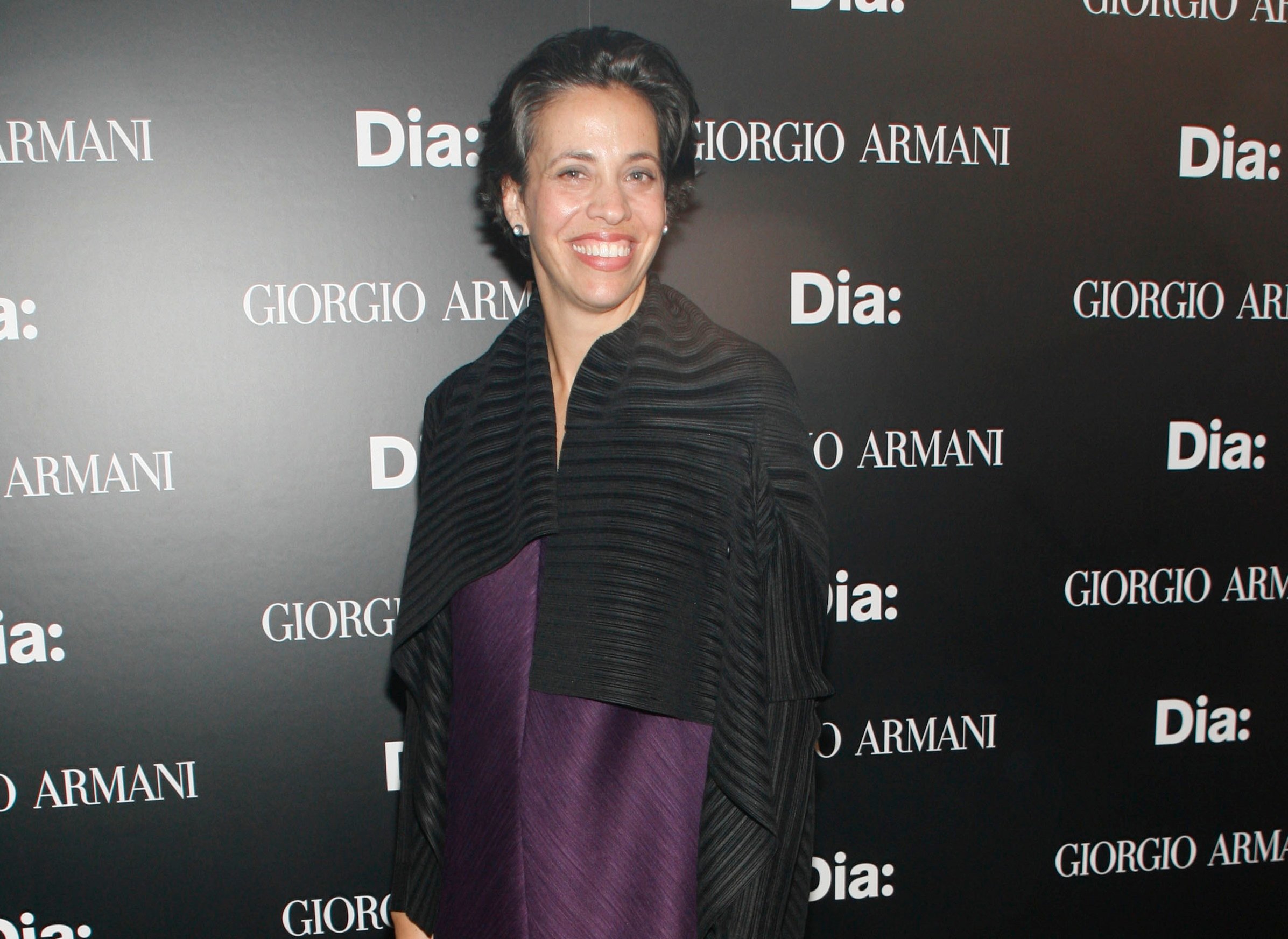
Lindsay Pollock will leave her position as editor-in-chief of Art in America magazine, according to an email sent to colleagues today. Pollock sat in the editor’s chair for over six years and is widely credited with enlivening and modernizing the 104-year-old publication.
In her email, Pollock wrote, “I have decided the moment is right to move on to other projects and possibilities.” The news of her departure was first reported by ARTnews.
Under Pollock’s leadership, Art in America instituted regular features such as artist-designed covers and mini-profiles of up-and-coming artists. She also expanded the magazine’s international coverage, publishing regular reports from far-flung parts of the world in the “Atlas” column. In the early years of her editorship, she worked to better incorporate the website into the magazine’s identity. She also brought on designer Brendan Dugan, of New York bookstore and exhibition space Karma, to update the look of the magazine.
Prior to joining Art in America, Pollock covered the art market for Bloomberg and was a columnist for the New York Sun. She wrote a biography of the art dealer Edith Halpert, published in 2006.
The cover of the April issue of Art in America, designed by Anicka Yi.
Founded in 1913, Art in America is one of the oldest art magazines still in circulation, and is owned by newsprint magnate and art collector Peter Brant, who also maintains a private museum in Connecticut, the Brant Art Foundation. (Full disclosure: I worked at Art in America from 2004 to 2015 in various capacities.)
During Pollock’s tenure, Brant added another century-old magazine, ARTnews, to his portfolio in July 2015. Following the acquisition, Art in America continued to focus on its monthly print product, but reduced the emphasis on its website. ARTnews stopped publishing monthly print issues, began releasing quarterly themed issues, and beefed up its web presence.
In her brief email, Pollock thanked “the hundreds of writers and artists who have collaborated with us over the years. Their generosity of spirit was genuinely inspiring, while the ongoing respect and support of our readers made my role rewarding each and every day.”